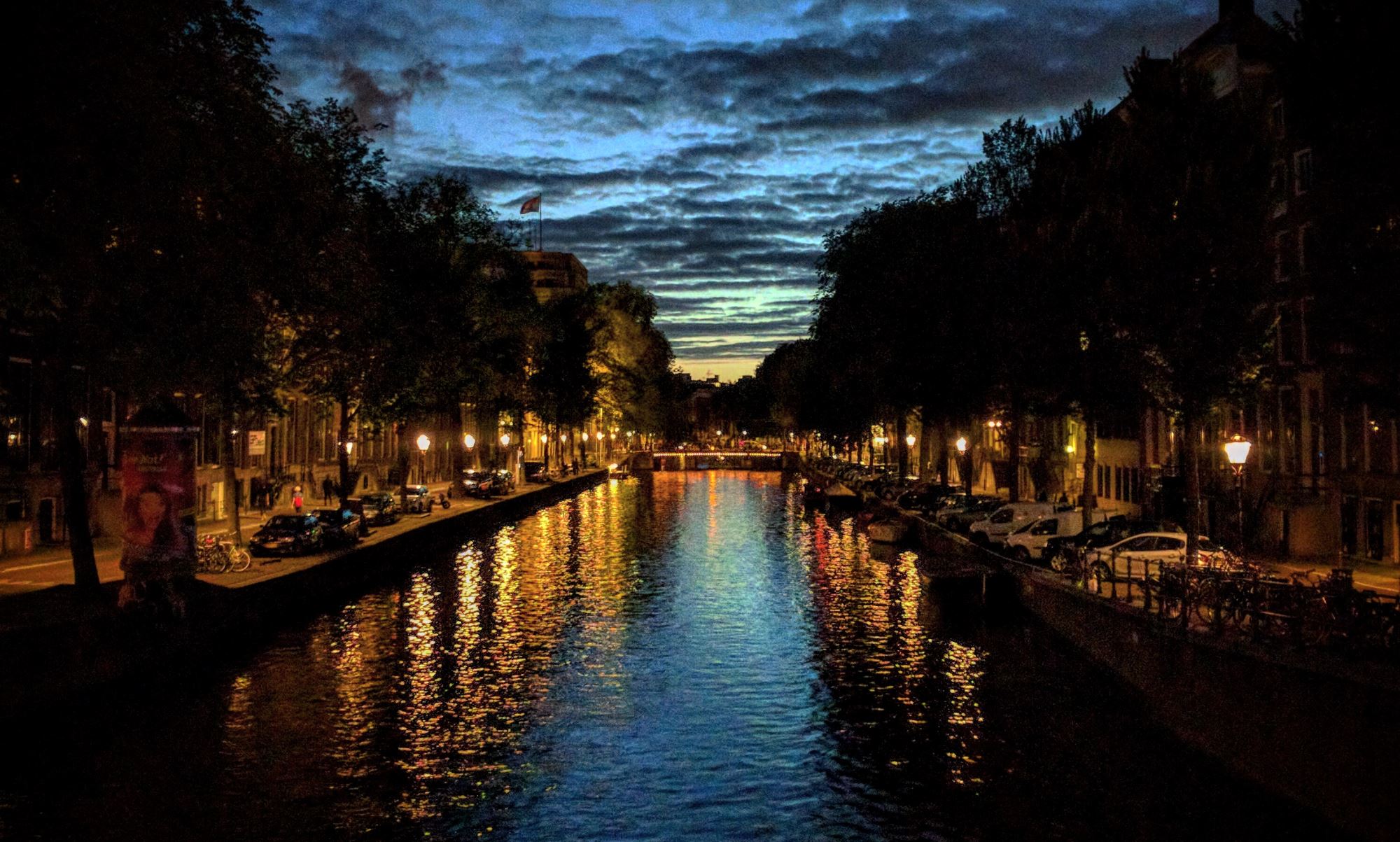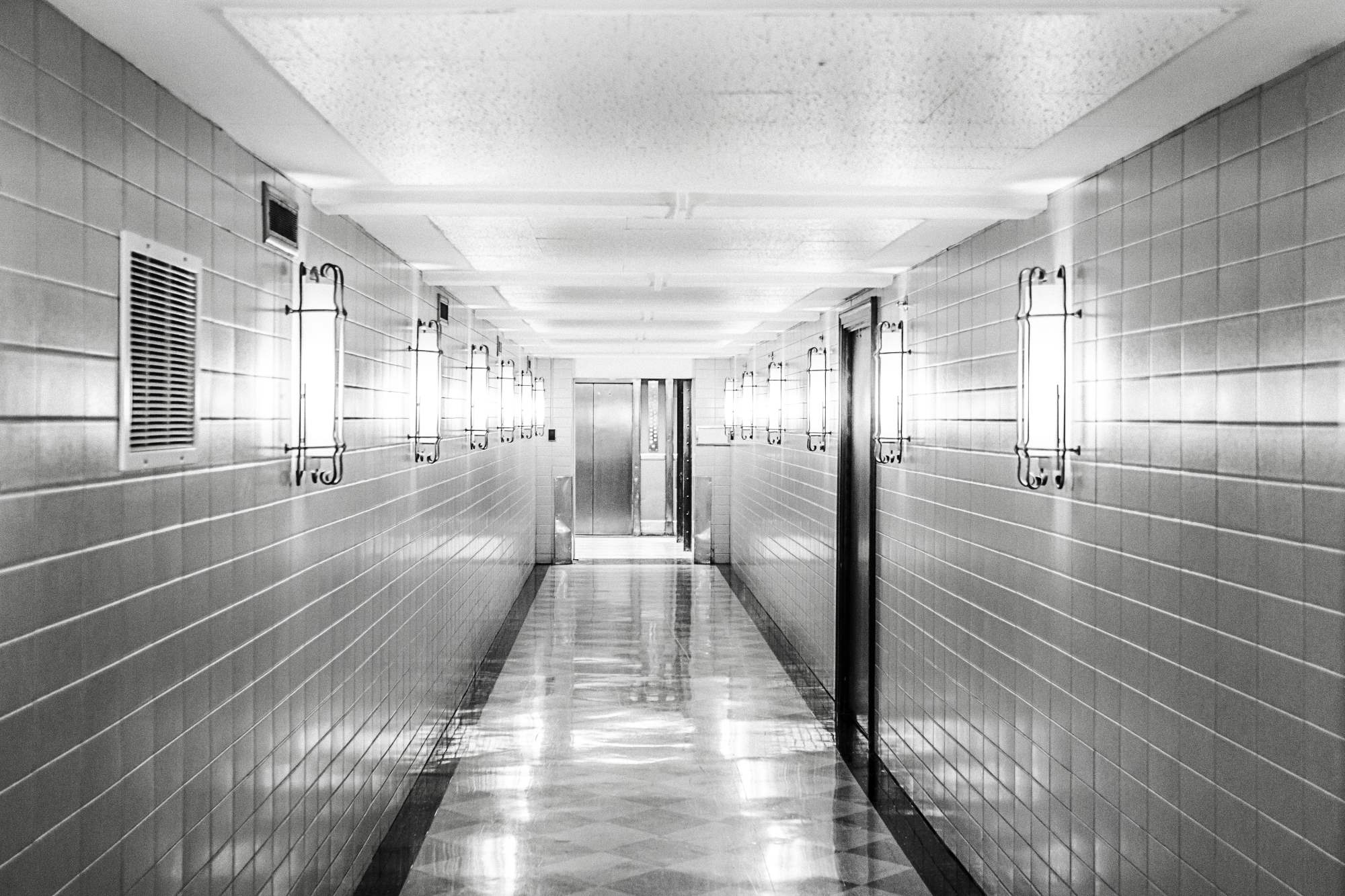Blog
-

The Color of Emotion
This novella is now available on Amazon Kindle! Liam’s life was normal—that is, as normal as it can get in what remains of Tucson after the explosive eruption of the Yellowstone Caldera.Now, after a heinous accident at the factory, he is blind. Liam cannot see his little brother smile, he’s unable to enjoy the enticing…
-

#flashfiction: Powerful Life
“I love this place…” Your voice is gentle, almost grateful for what surrounds us. You’re leaning against the bridge’s railing. Your look is lost in the lights reflecting on the water, moved by colorful ripples. Blues, reds, yellows, greens float and flow slowly, glittering in your brown eyes. Voices and laughs, lost in the night,…
-

#shortstory: Unfinished Business
Hospitals tended to be strange places. One could find the most varied examples of humanity, from the elder dying of natural causes, to the kid who had just been run over by a bus. Andrew’s grandmother was just old and slowly walking her final path toward eternal peace. Nothing special, nothing loud. Just life and…
-

#shortstory: Abduction
“Take him.” “Activating tractor beam… now.” A soft, deep humming sound could be heard, even from the bridge. The lights dimmed a bit, as the tractor beam sucked the bulk of the ship’s power. “Subject locked, coming away nicely. This guy’s fat, weights a ton.” “Keep it going, we should have enough power.” “I hope…
-

#flashfiction: Jump!
I feel her. She’s in the same crowded subway car I am. I can feel the energy flowing in her veins, powerful, unstoppable, almost uncontrollable. I can sense the sharpness with which her brain perceives the fourth dimension, ticking at unison with every atom. We’re not many now. Those of us who can jump. Those…
